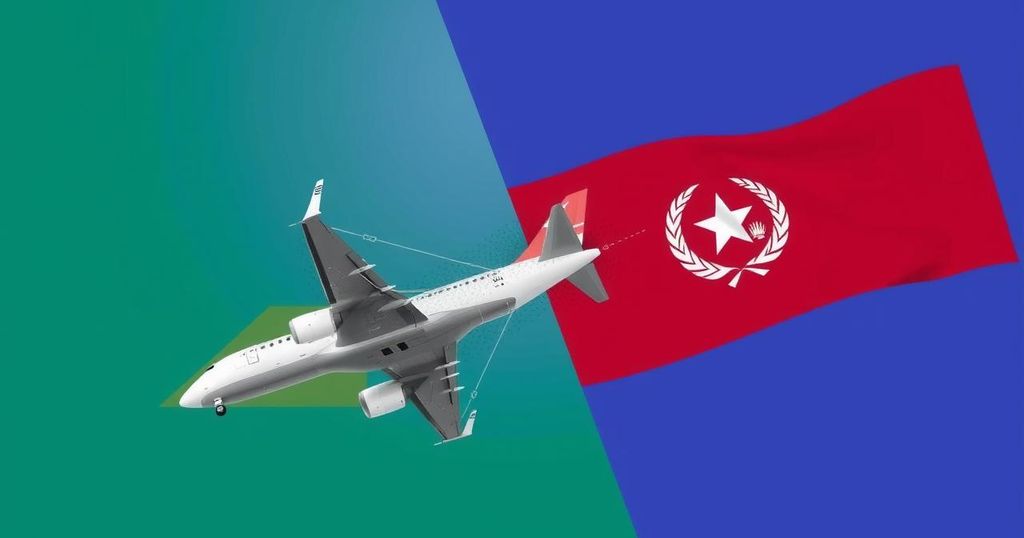Herzog Cancels Azerbaijan Visit Amid Turkish Airspace Ban on Israeli Aircraft

President Isaac Herzog has canceled his visit to Azerbaijan for the COP29 climate conference due to Turkey banning Israeli aircraft from its airspace. Initial reports suggested security concerns related to Iran, but the airspace denial emerged as a crucial factor. This cancellation highlights the complexities of Israeli-Azerbaijani relations, which have evolved over time to encompass various sectors, including trade and energy.
President Isaac Herzog has canceled his scheduled visit to Azerbaijan, which was originally planned for November 20 to participate in the COP29 climate conference. According to Azerbaijani news outlet Caliber, the cancellation occurred following Turkey’s decision to deny access to Israeli aircraft within its airspace. A senior official from Azerbaijan’s Foreign Affairs Ministry confirmed this development. While initial Israeli reports indicated security concerns due to Azerbaijan’s proximity to Iran, the denial of airspace played a critical role in the cancellation. This anticipated visit underscores the significance of the relationship between Israel and Azerbaijan, which President Herzog highlighted during a prior meeting in Baku last year. He emphasized the multifaceted partnership encompassing trade, tourism, and energy, stating, “The relationship between Israel and Azerbaijan is not just Iran and defense; it is also about trade, tourism, and energy.” Herzog’s previous reception for the Israeli delegation heading to the annual United Nations Conference on Climate Change demonstrated Israel’s proactive stance on climate issues. Notably, this was following Azerbaijan’s establishment of its embassy in Israel earlier this year, marking a historic collaboration between the two nations. This recent development not only highlights the diplomatic intricacies involved but also raises questions about future engagements between Israel and Azerbaijan in light of regional geopolitics.
The cancellation of President Herzog’s visit is indicative of the delicate balance of international relationships, particularly in the context of Middle Eastern geopolitics. Azerbaijan, located adjacent to Iran, has historically maintained a complex relationship with Israel, marked by defense cooperation, energy exchanges, and mutual recognition of cultural ties. The recent opening of Azerbaijan’s embassy in Israel further solidifies this partnership, showcasing a commitment to strengthening bilateral relations beyond merely strategic interests. Herzog’s visit was anticipated to affirm these ties while addressing global climate challenges.
In summary, President Isaac Herzog’s cancellation of his trip to Azerbaijan demonstrates the complexities of international diplomacy, particularly when influenced by regional alliances and tensions. The interplay between airspace access and security concerns underscores the nuanced political landscape in which these nations operate. As both countries continue to navigate their relationship, future engagements will likely be shaped by geopolitical developments and shared interests in trade and environmental initiatives.
Original Source: www.jpost.com








